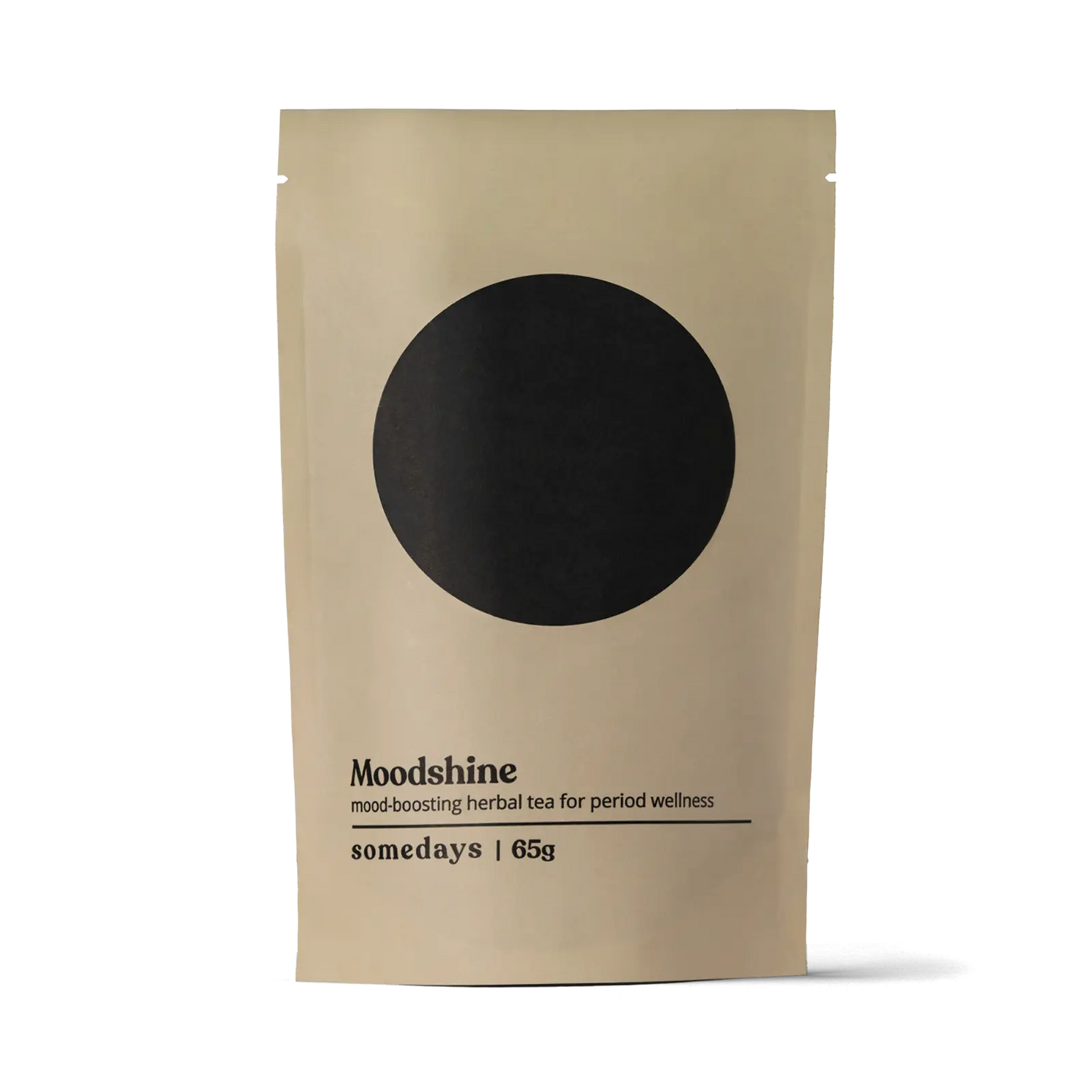Understanding the Connection Between Trauma and Chronic Pain

In 2016, I got sick and then I stayed sick. First, it was a spike in my anxiety that struck me, making it difficult to get out of bed in the morning. Then it was a UTI, which led to a kidney infection. Then a viral sinus infection that lasted three months. After that, I had the stomach flu accompanied by a herpes outbreak. Six months later, when the string of viruses had finished with me, I was utterly exhausted. I slept for fourteen hours a night and napped throughout the day. Then, after two glorious weeks of passable good health, my body started to ache. The kind of aches you get when you’re sick, except there was no sneezing, coughing, or other symptoms. It felt like I’d decided to do the most intense gym workout of my life after a year-long hiatus, while also coming down with the season’s worst flu virus.
While I waited for my next doctor’s appointment, or for the latest lab results to come back, I began to look for books about autoimmune diseases and chronic illness. By the time I got to see the rheumatologist, I knew what my diagnosis was before they confirmed it: fibromyalgia.
We’re still not sure what causes fibromyalgia. The best hypothesis is that fibromyalgia is a chronic illness that begins with an overactive sympathetic nervous system (our fight or flight response) that refuses to turn off when it is time to sleep. When you live with trauma, the nervous system doesn’t understand that the danger is over. And so it stays on alert in order to protect you, thereby inhibiting deep sleep. This lack of sleep sets off a chain reaction that prevents adequate growth hormone release, which interferes with muscle tissue repair and leads to muscle pain. As a response to this pain, muscles and their surrounding connective tissues are chronically tightened to respond to danger and become painful. The nervous system becomes overwhelmed and hyper-reactive to pain.
Fibromyalgia is just one of the many chronic illnesses that are connected to trauma. In his national bestseller, When the Body Says No, trauma specialist Gabor Maté shares a list of other diagnoses that can emerge from untreated trauma: multiple sclerosis, Crohn’s disease, autoimmune disorders, fibromyalgia, endometriosis, and ALS. Why is this the case? What’s the connection between trauma and chronic illness?
Here’s what we know:
- Higher ACE (adverse childhood experiences) scores are found in those living with chronic pain.
- Those with mental illness or emotional distress are twice as likely to develop chronic pain conditions.
- Those living with autoimmune diseases such as ALS/Lou Gehrig’s disease tend to also have had traumatic childhoods.
- Advances in neurophysiology show that trauma produces an increase in stress hormone activity and recalibrates the brain's alarm system (the amygdala) to be constantly activated.
- When our nervous system is in a constant state of stress, our body will compensate by slowing down bodily functions deemed non-essential, which include digestion, bowel mobility, and detoxification.
When we repress our trauma, it doesn’t just go away. It takes up residence in our bodies, waiting until it becomes too much to hold. This knowledge isn’t new. In fact, the father of psychoanalysis, Sigmund Freud, understood as much when he began to treat women and girls with “hysteria.”* Whether it was a persistent cough, loss of voice, or an arm that kept going numb, Freud knew that there was a link between what was happening in the mind (unprocessed trauma) and the somatic symptoms that afflicted his patients.
Unfortunately, upon realizing that sexual trauma was at the root of hysteria, Freud proposed instead that it was forbidden desires and fantasies that caused hysterical symptoms to emerge. In the centuries following Freud’s work, it became all too common for doctors to diagnose the inexplicable symptoms of their female patients as “all in their head.” Misogyny is one reason for this – as is the fact that women’s medicine is significantly underfunded. And so I understand why so many are resistant to the argument that chronic illness and trauma are connected, as such claims are not always true, and can lead to the dismissal of suffering women.
For me, however, my chronic illness is inextricably linked to my trauma. There was the loss of my mother at 11, becoming a young caregiver for my younger brother right after, and then being a primary caregiver for my father, once he began to develop a rare, slow-moving form of ALS while I was in high school. Not to mention various sexual assaults, a history of substance abuse, and numerous abusive relationships. My body was done. I couldn’t take it anymore. I had to address my trauma. In my next blog post, I'll dive deeper into how I’ve been able to manage pain and heal my trauma, and I’ll offer a guide for relief and wellness.
Join our Betterdays community - a weekly newsletter where we break down the latest (TLDR) news, research and breakthroughs related to your reproductive health—with a splash of humour to get you through the tough days.
*As someone who is non-binary, I do not identify as a girl, woman, or female. At the same time, saying “people with uteruses is inaccurate because I seek to include trans women and femmes. Unfortunately, specifying that I’m referring to anyone who isn’t a cis man feels too clunky. And so I offer this asterisk for those who, like me, should be included in this conversation.
Margeaux Feldman (they/them) is a multidisciplinary artist who uses creative writing, visual art, and social technologies to promote mental health and disability justice. They hold a PhD in English Literature and Sexual Diversity Studies from the University of Toronto, where their dissertation looked at the relationship between chronic illness and trauma. Originally from Toronto, Margeaux is now living in Los Angeles where they are pursuing a MFA in Creative Writing at CalArts. They also run the popular Instagram meme account @softcore_trauma. You can learn more about the work they do in the world at www.margeauxfeldman.com
Previous Article All Articles Next Article
All Articles


